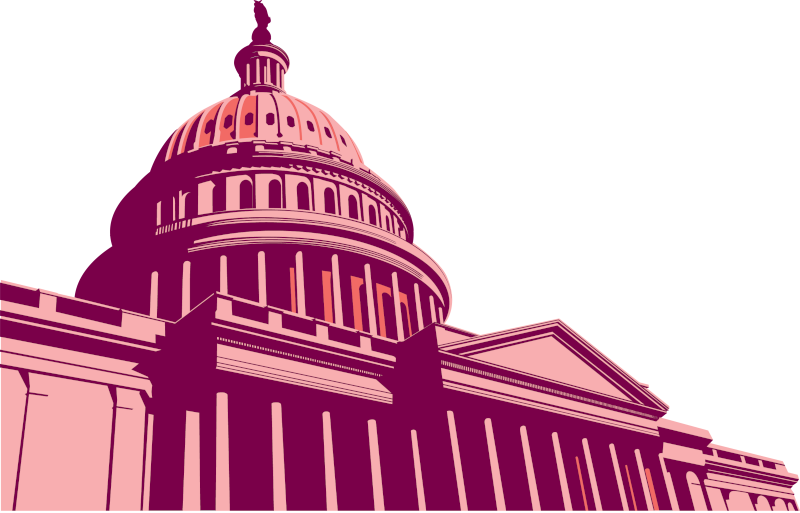AARP Hearing Center

In a year of economic uncertainty, we recognize that many are rethinking budget priorities. This includes revisiting the Washington State biannual budget. While hard decisions are being made, AARP Washington strongly urges that any analysis and decisions consider the potential impact on our state’s most vulnerable populations, including older adults.
Currently, Washingtonians 65 and older are about 18 percent of our state's population. By 2050, they are projected to be more than 23 percent, with the 85 and older population more than tripling. AARP Washington believes the following principles should be used in the budget deliberations:
- Assure that basic needs are met, even in the face of budget constraints. This includes access to essential services such as healthcare, food security, and housing.
- Avoid short-term cuts that will lead to higher costs in the future. For example, reducing funding for preventive healthcare and home-based services can result in increased hospitalizations and long-term care needs.
- Avoid disproportionate impacts on older adults and vulnerable populations. Older adults who are particularly vulnerable include those in rural areas who already face barriers to essential services and support, veterans, and those who require caregiving due to disabilities or illness.
- Solicit input from older adults. Engage impacted groups, including older adults, in deliberation and decision-making processes to ensure transparency and accountability.
Our state is recognized as one of the top states in the nation for programs that allow older Washingtonians to age with dignity and purpose. Budget cuts should not threaten to derail the progress that we have made over the last several decades.































































